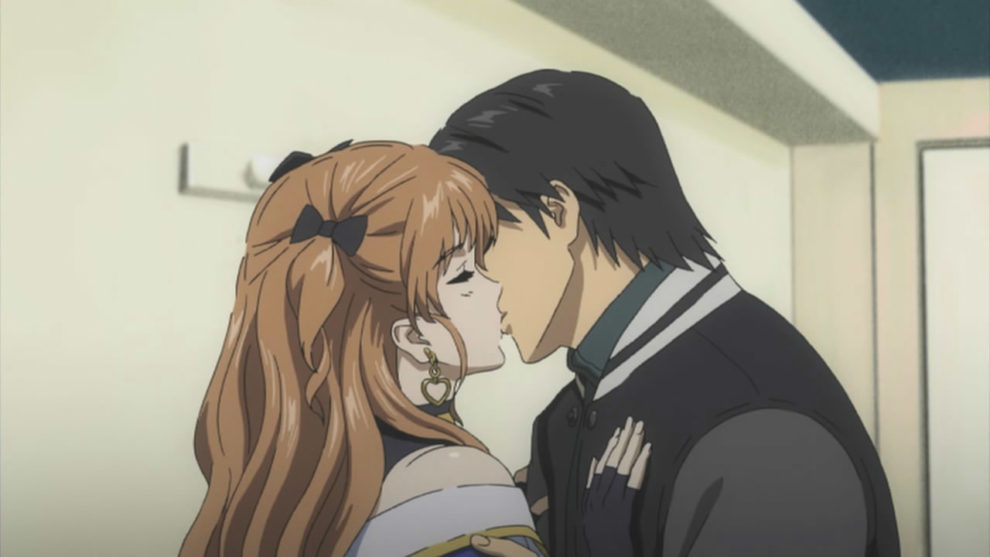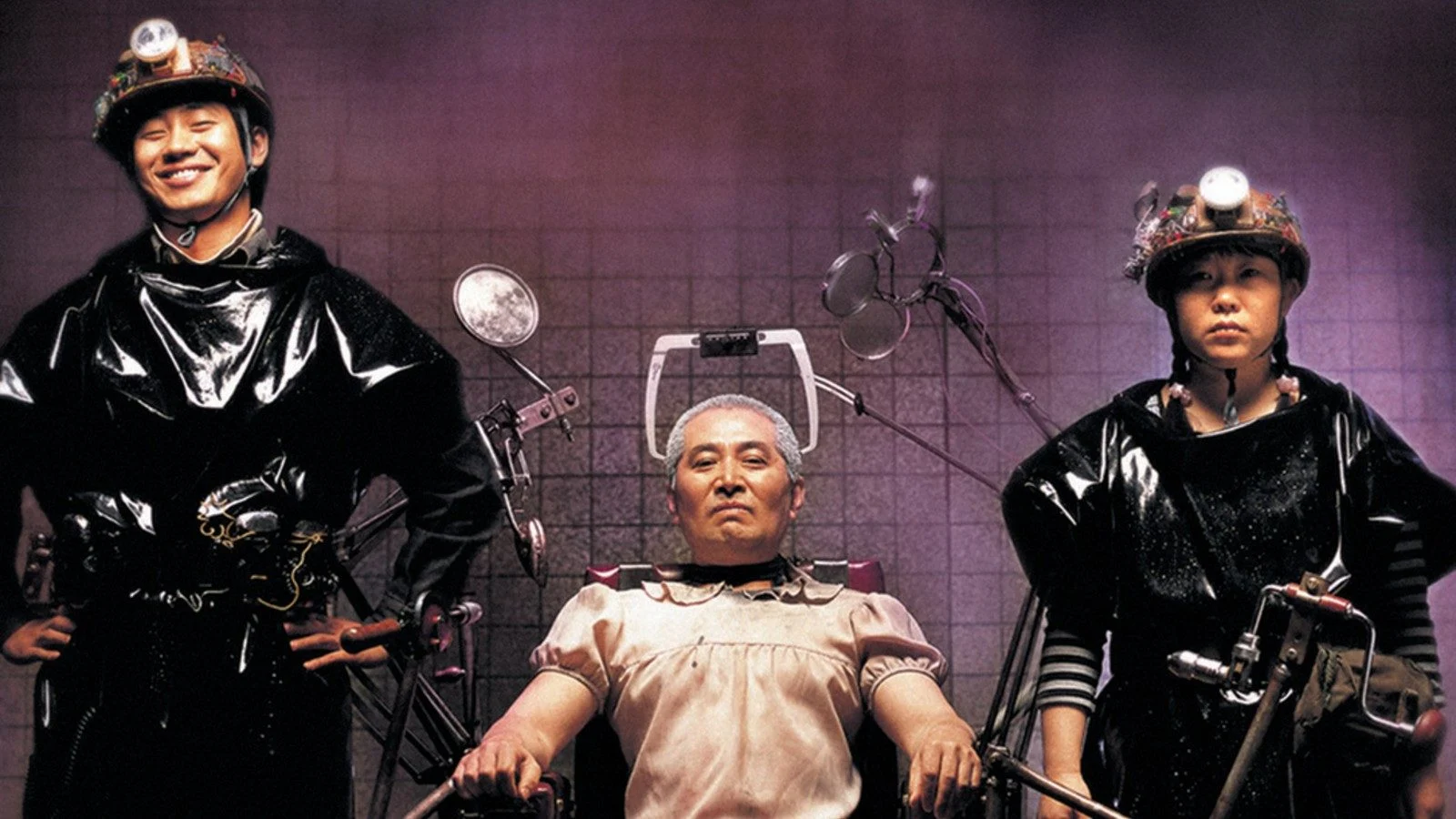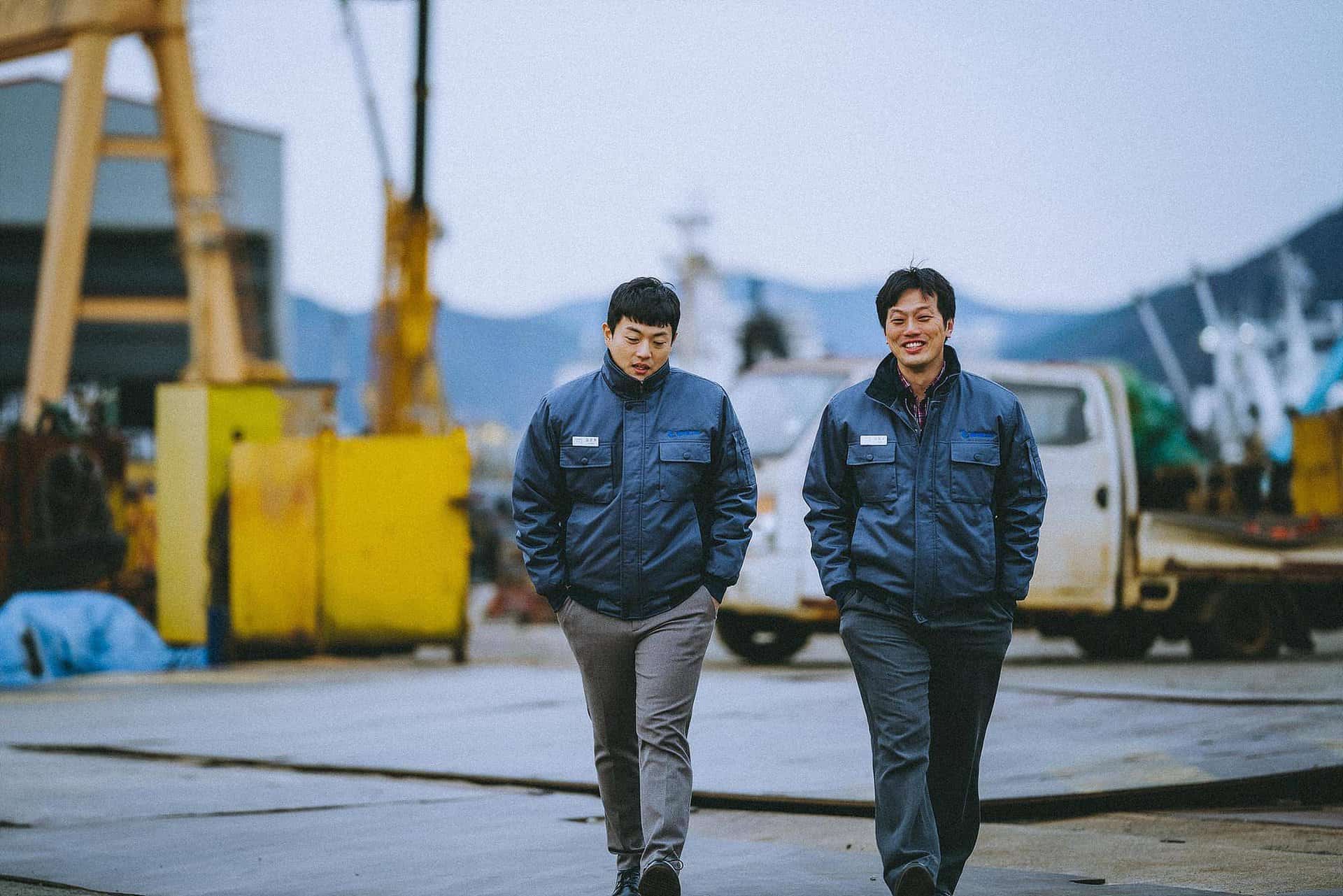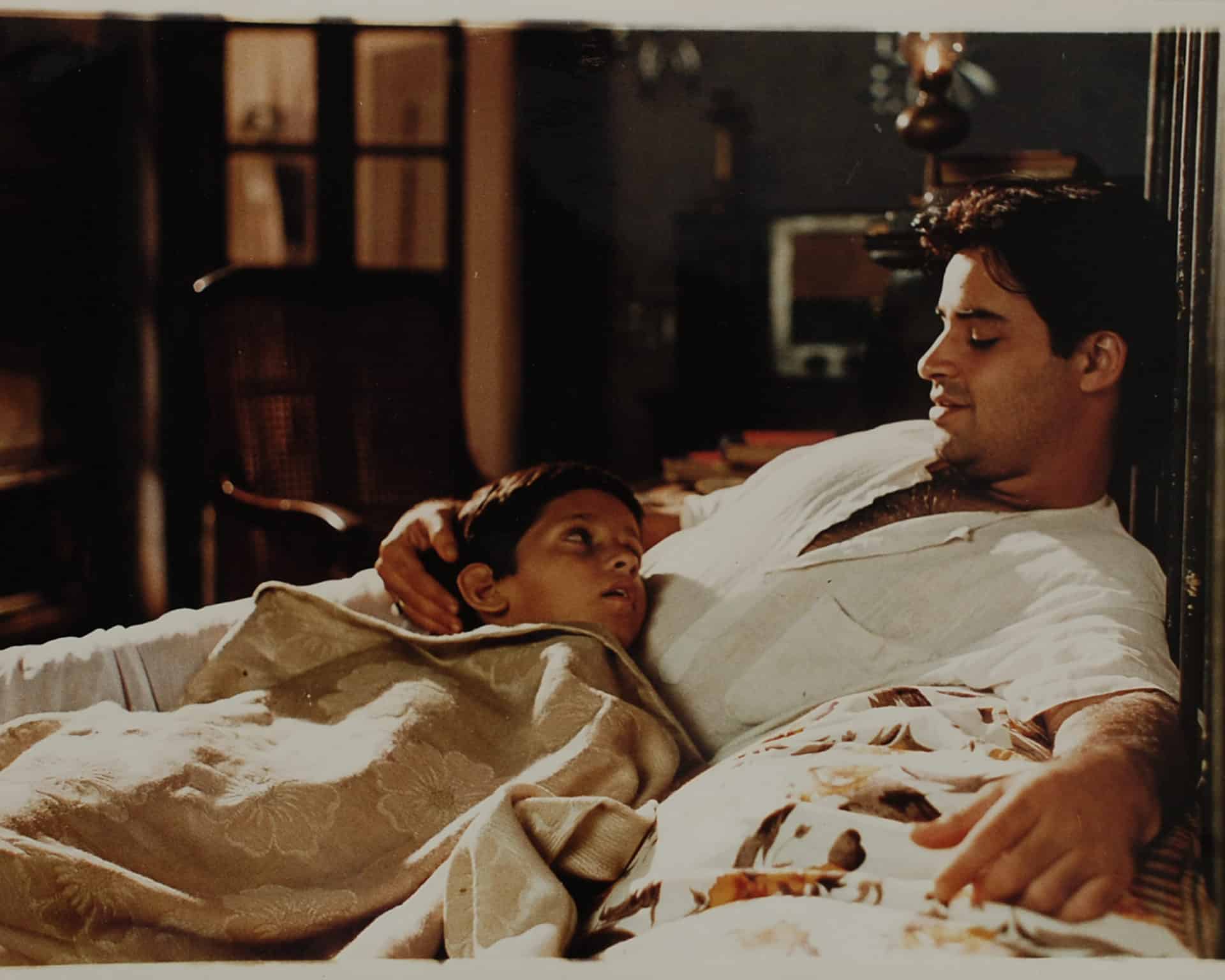The second season of the White Album continues the 80's, no SNS, filled with unlikeable characters and a rather despicable protagonist aesthetics of the first season, although the focus moves intently towards Touya's father, in an aspect though, that emits a filler sense for the most part.
Buy This Title

Regarding the rest of the characters, the most significant development is that that the company handling Rina and Yuki's career decides to support just the former for an idol competition Rina had never had the chance to participate. Frustrated and somewhat jealous, the former decides to leave the group, despite pleas from a shattered Yuki, and join the opposing group, handled by Mrs Kanzaki Matsuyama. The arc revolving around the latter emerges as one of the most interesting in the anime, since her relation with Mana, but most of all, a new character, Menou, who is a rising star in her company, emerge as rather intriguing. The elements of psychological and physical violence here add a new element in the story, as much as the machinations of the idol world, which are much more intense in the second season. Furthermore, the revealing of the role of a number of characters whose presence was rather mysterious also helps in that regard, while the breakdown of ever-cool Eiji and the arc with the paintings, also emerge as rather interesting.
The most dramatic moment, however, comes during Rina's revealing of her relationship with Touya and his many lies, with Yuki's reaction being totally unexpected but also rather captivating, both during the particular scene, and as the series continues. In general, Touya's despicability continues to be one of the main ingredients here, with him adding even more girls to his “collection”, including Haruka, whom, however, in his defense, literally threw herself to him.

This element, of Yuki being the only decent person in the whole series, and the fact that no one, including her and his friends, respects their relationship, is the one that makes the title annoying, but also rather intriguing, since in terms of sex and romance, anything can happen. That Touya does not seem able to resist anyone's advances in the end, adds much to this sense, occasionally even depicting him as a kind of a victim, particularly in his interactions with Yayoi, who, literally, does anything she wants with him.
The most irritating aspect of the narrative, however, is the back and forths in time, and particularly Touya, Haruka, and Yuki's childhood, who are really confusing in the placement they have within the episodes, essentially making the story more complex, for no apparent reason.
The ending on the other hand, and particularly the way the Venus concert affects Yuki and Rina's relationship, Kanzaki's change in her relationship with her daughters, which had much to do with her interactions with Rina, and the openness regarding whom Touya ends up with, provide a very interesting closure to the series, even if not everything is resolved.
In general, Taizo Yoshida's direction, with the exception of the flashbacks, is somewhat better than Akira Yoshimura's, who was in charge of the previous season, even if the overall issues with the narrative do remain. The same applies to the animation by Seven Arcs, which seems a bit more polished and detailed than the first season, with the difference being quite evident on occasion. The drawing shows its age most of the time, with the naked bodies in particular being poorly depicted, but the way the many characters differ from each other, compensates to a large degree.
Much like the first season, the second one manages to be annoying and captivating at the same time, while slightly better.















